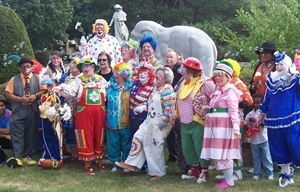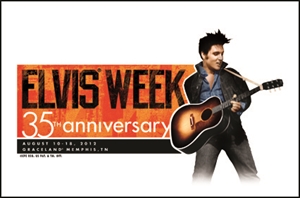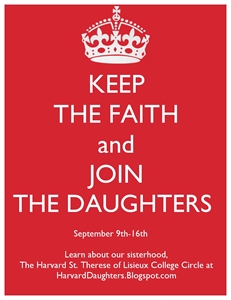Single Working Women's Week on August, 2024: how did traditional women's roles changed after WW2?
Single Working Women's Week 2024. On My Porch...: National Single Working Women's Week National Single Working
As an Amazon Associate I earn from qualifying purchases.
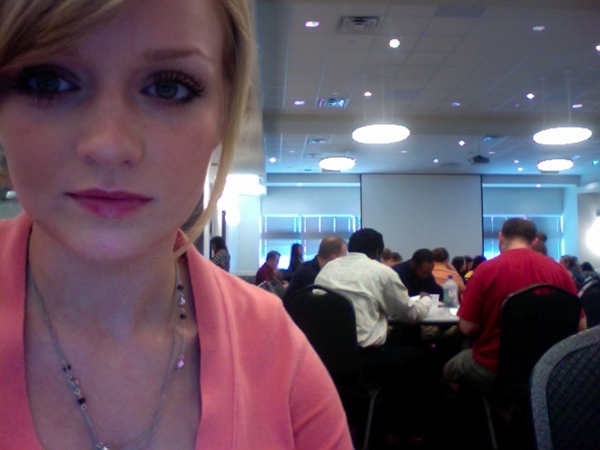
An increase in prosperity after WW2 meant that people were able to get married earlier, and live more easily on a single salary. Since people were getting married younger, girls were working for shorter periods, and sometimes not working at all, in America especially a lot of girls got married while still in college. A lot of women were working, but not necessarily enthusiastic about it. In 'America's Women' Gail Collins writes:
'Within a few years of the end of hostilities in 1945, employment of women was just about back to it wartime peak, and still climbing. However, the jobs they were holding down were not, for the most part, careers. Women were typists and sales clerks and telephone operators and receptionists, doing the low-paid and unglamorous work no returning veteran would want to snatch.'
Most married women did not go out to work, and most did not particularly want to. Those who had had experience of having to work and look after a family knew how exhuasting combining the two roles was, and were quite happy to be able to stay at home. The economic prosperity meant that many married women who had worked could give it up, including some black women. 'Ebony' magazine carried an article called 'Goodbye Mammy, Hello Mom' which celebrated the ability of African American women to stay in their own kitchens rather than cleaning someone else's.
A big change in America was the shift to living in the suburbs. Many new suburbs were built with low-cost housing that families buying their first home could afford. Gail Collins writes:
'The 1950s suburbs gave birth to a new community of women, as rich in its own way as the ones that preceded it during the war, or around the turn of the century. The hosuewives looked after each other's children, fed each other's dogs, talked endlessly over coffee in the afternoon or highballs at the end of the day, and entertained each other at neighborhood backyard barbecues or more formal cocktail paerties. "I made terrific friends right away through the children" said Carol Cornwall, a suburban housewife in the 1950s who was interviewed by Benita Eisler. But there were few escape routes for those who failed to fit in. "I was as miserable there as I've ever been in my life" another woman told Eisler. There were few organizations except the PTA and the churches, and it was a dicey time politically, when fear of the Communist menace made it dangerous for people to hold anything but the most pedestrian views about public affairs.
Housekeeping was getting easier. Manufacturers had finnaly perfected the automatic washing machine and the dryer -the long-awaited inventions that would soak and wash and rinse and dry clothing all by themselves. Even since humans developed an interest in clean clothing, women had been forced to devote at least one full day a week to the laundry. Suddenly, it became less of a project than something you did any old time, sort of with the back of your hand. The washboard, along with the icebox and the handheld eggbeater, were consigned to the farmhouses or to the old urban tenements you might visit for fun on the Honeymooners TV series. Americans spent a disproportionate amount of their disposable income on appliances in the 1950s - everybody wanted the biggest and the best, preferably in the new colours that were suddenly available, like avocado.
The proportion of women in college plummeted, dwarfed by the arrival of 6 million male veterans whose tuition was paid on the GI bill. Soon, only 35 percent of the college population was female, and many of the girls who arrived as freshmen dropped out before graduation. Thise who did finish school generally married before the ink on the diploma was dry - a professor at Smith complained that he had to cancel his final seminar for the senior honors students because it conflicted with too many bridal showers. The major point of attending college, for most white women at least, was not earning a degree or getting a marketable skill, but finding a husband who had a degree or skill. (This was not true of black women, Although relatively few went to college, virtually all who went graduated. "The thing you didn't do was quite college or quit work. You were not going to raise a family on one black man's salary" said a woman who later became a school principle in New Jersey.) Male students were not particularly interested in intellectual pursuits either. A survey in 1958 found that 72 percent of college students felt the main purpose of their education was to acquire well-rounded personalities.
The nation went to war against singleness in the postwar era. In one much-quoted survey, less than 10 percent of the public believed an unmarried person could be happy. The 1947 best-seller Modern Woman: the Lost Sex urged that spinsters be barred from teaching children on the grounds of "emotional incompetence". It was the ultimate example of the pendulum swinging - instead of prohibiting the employment of married women as teachers, society now wanted marriage to be mandatory. "A great many children have unquestionably been damaged psychologically by the spinster teacher who cannot be an adequate role model for either boys or girls" the author argued. An editor at Mademoiselle told Betty Friedan that the college girls who came to work as guest editors no longer seemed thrilled at the chance to get into publishing. "the girls we bring in now...seem almost to pity us" she said "Because we're career women, I suppose." She added that not one of the twenty recent guest editors planned to work at all.'
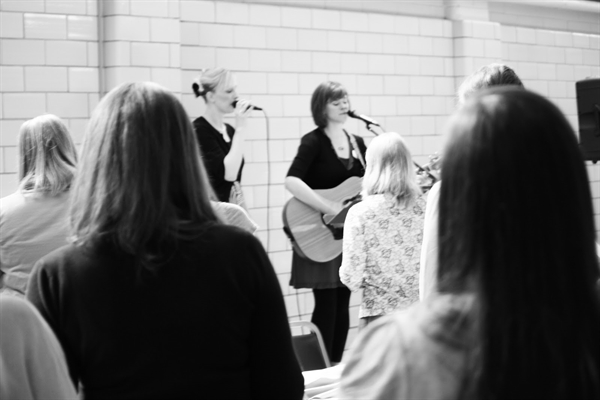
Would you switch bodies with another person for a week if you could?
yeah i would!
i want to live a different walk of life, i'll do it myself if it's necessary
but not a woman's. i'd prefer to switch bodies with someone who need a good home, loving family and get a taste of 'the good life' that i find so boring and painfully depressing, I don't feel like it deserve what i have either. i'm a rotten person on the inside. if there's a kid out there who lives in an abusive household and he needs love and stability, he can have my life and i'll swap with him. permanently
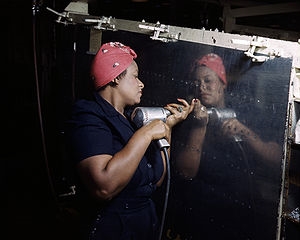
Where Can i get help while I am out of work.?
In this economy, it is very difficult to get assistance now. I would contact the local department of human services to see what the requirements are in your local area.
Next, I would see if your area has an outreach center or a Women's, Infants, and Children's (WIC) center. You might be able to get some assistance (while minute) there.
I would also check at some of the local charities such as Catholic Charities and Salvation Army. They might be help. Also, some towns have a once a year assistance on electrical bills.
On a side note, I would contact your creditors and tell them you are going on maternity leave due to a c-section. Credit card companies (if you have elected the insurance) might allow you to skip a payment or two with a doctors note. Also if you tell your creditors in advance, you appear honest and you wont have the bill collectors hounding you. Some companies (electric and water) might be able to set up a payment program.
Good luck, again it is almost a sin to be poor in this economy - I wish you the best.













